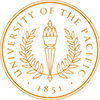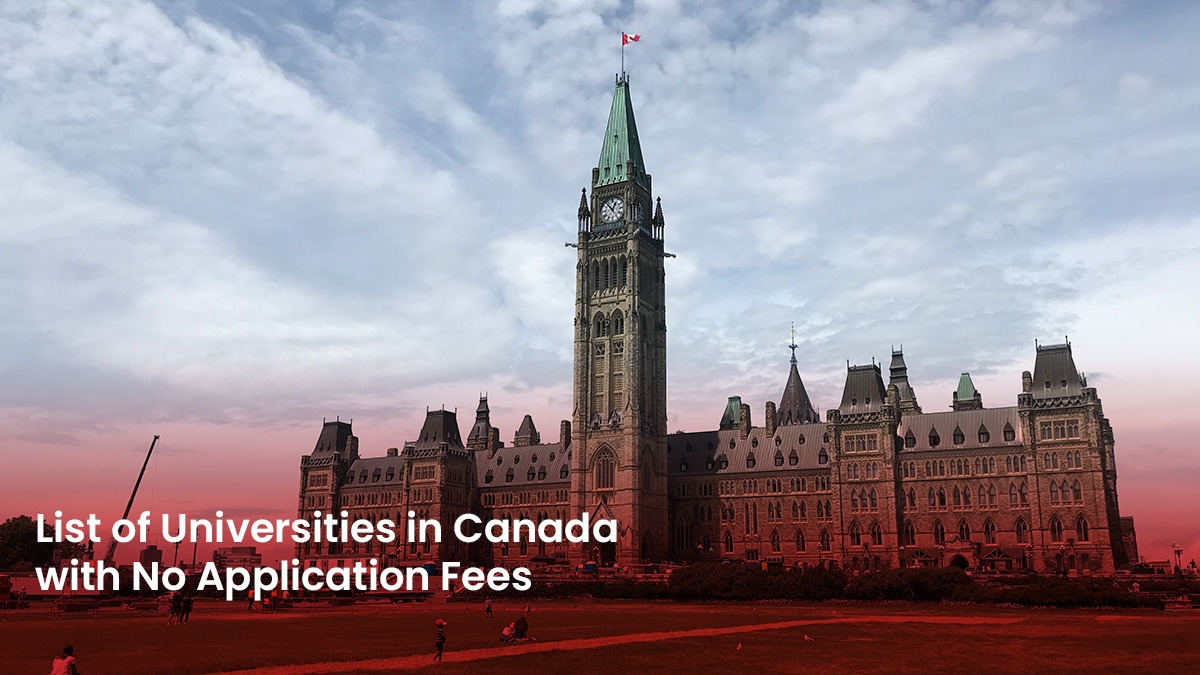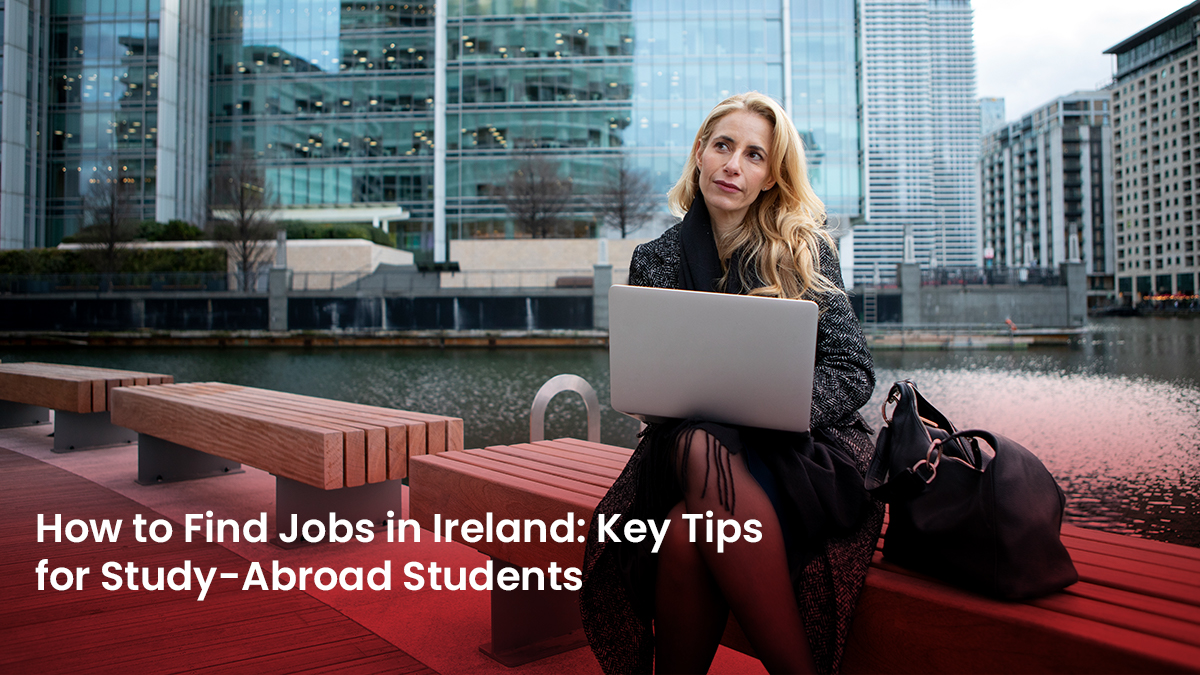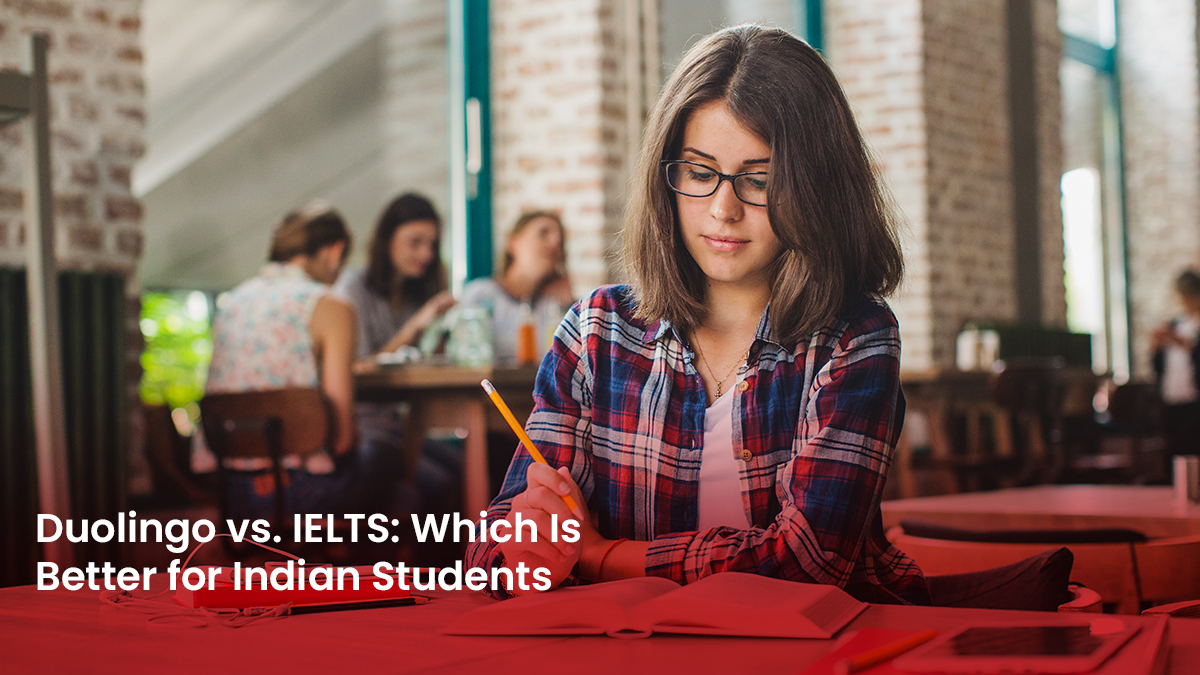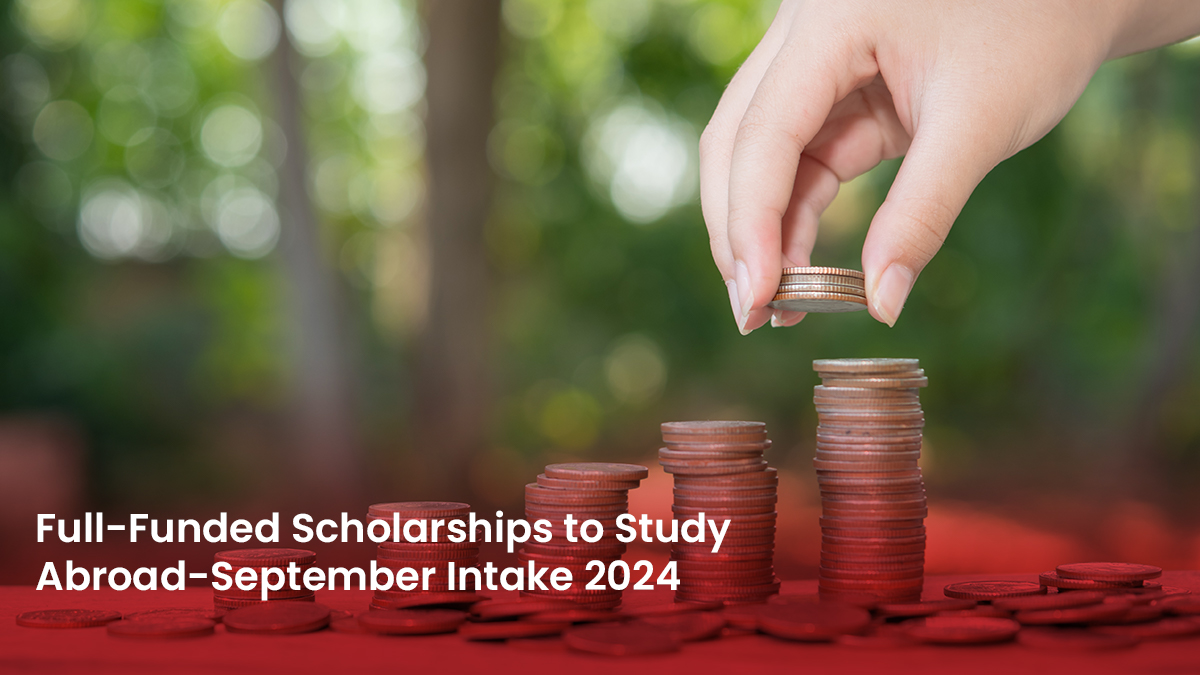Germany has a lot of holidays. Aside from the nine official public holidays celebrated every year, there are also specific holidays that certain German states celebrate. Thus, people staying in those regions in Germany, on average, can experience more than ten holidays in one year.
Most German holidays have religious origins, dating back centuries.
German Unity Day
This may be the only holiday on this list that does not have a religious background but is as important as other German holidays. German Unity Day happens on the 3rd of October every year and is celebrated by the whole nation. It is one of the biggest celebrations in the country. People in Berlin, for example, celebrate it through a three-day festival, around the Platz der Republk’s Reichstag, and Brandenburg Gate.
This day commemorates the unity between East and West Germany in 1990, after the infamous Berlin Wall that has divided the country for decades, fell.
During German Unity day, people enjoy various activities, which include listening to live bands, horseback riding, party games, theatre performances, karaoke, and children can take a ride on merry-go-rounds, and so on.
New Year Holiday
Just like in other countries, Germans also celebrate the New Year on the 1st of January, and New Year’s Eve on the 31st. Just like most of its holiday celebrations, New Year has a strong religious influence. Germans call the event “Silvester” to honor Pope Sylvester I, whose feast originally takes place on the 31st of December. Eventually, people combined pope’s day with New Year.
Moreover, aside from its religious influence, the holiday has also a lot of pagan influences, as shown in the activities you can do during this day.
For example, a favorite activity in New Year is fortune-telling through Bleigiessen, where people pour a melted lead over a cup of cold water. According to this practice, the resulting shape is said to tell you what the year ahead for you would look like. Aside from that, other activities people do during this holiday include giving lucky charms, eating together with family and friends, and drinking “Sekt,” a sparkling wine, on New Year’s Eve.
Christmas Day and Second Christmas Day
The winter holiday in Germany starts on December 24. Most businesses would close their shop’s midday, and office workers go home earlier. This is to ensure everyone has time to prepare and spend time with their family on Christmas Eve. Thus, on the eve of Christmas, people eat together and play games with family and friends, or attend a midnight mass.
Aside from the usual activities and celebrations, what’s unique about Germany’s Christmas is that it doesn’t stop after the 25th. They have a second Christmas, on the 26th of December.
Although the 26th is officially called Boxing Day or the day for St. Stephen, a Christian martyr, the day feels like a second Christmas. This is because aside from being a public holiday, people get to enjoy another large feast, and they also attend church services.
Those are the top three biggest, and most important German holidays international students should know about and the unique practices people do during those days.
Joining your host country’s holidays and festivals is a good way to learn more about their culture, and one of the best ways to experience them the most. Know other ways you can make the most out of your study experience abroad by checking out MSM Unify’s tips.
















